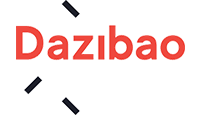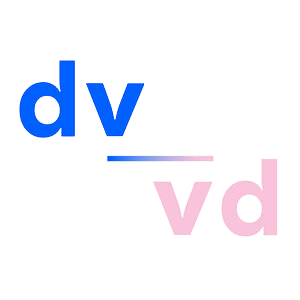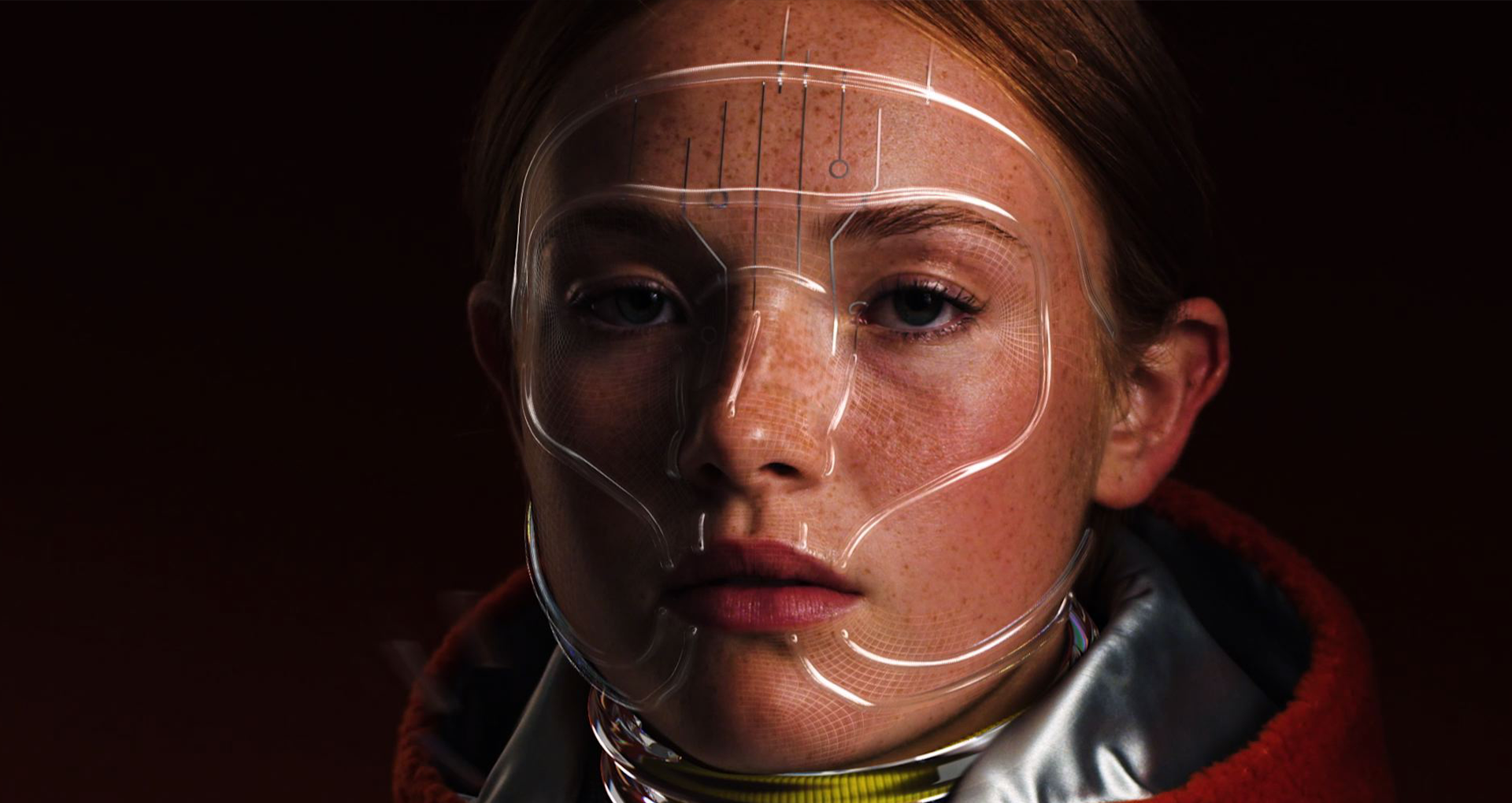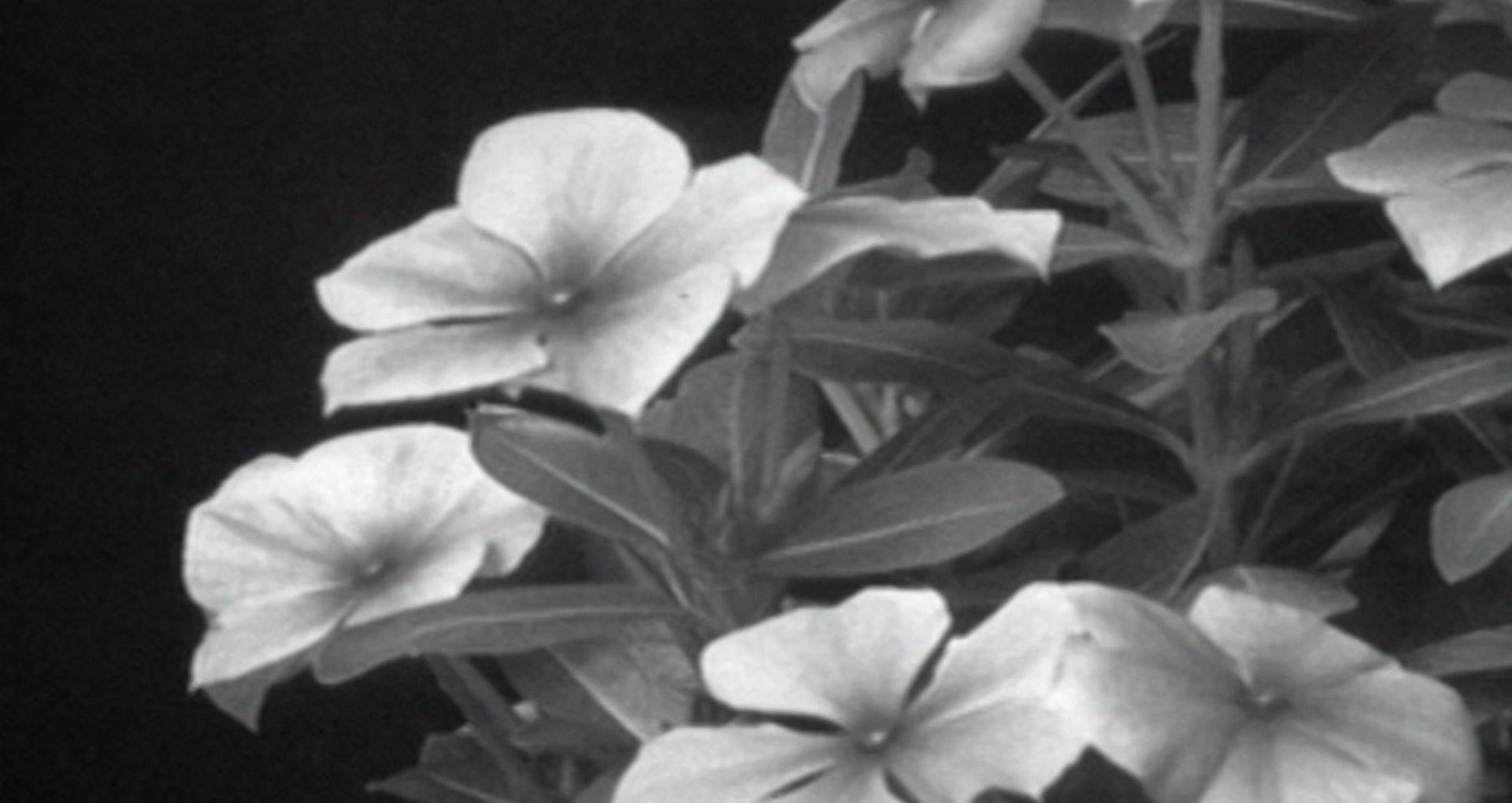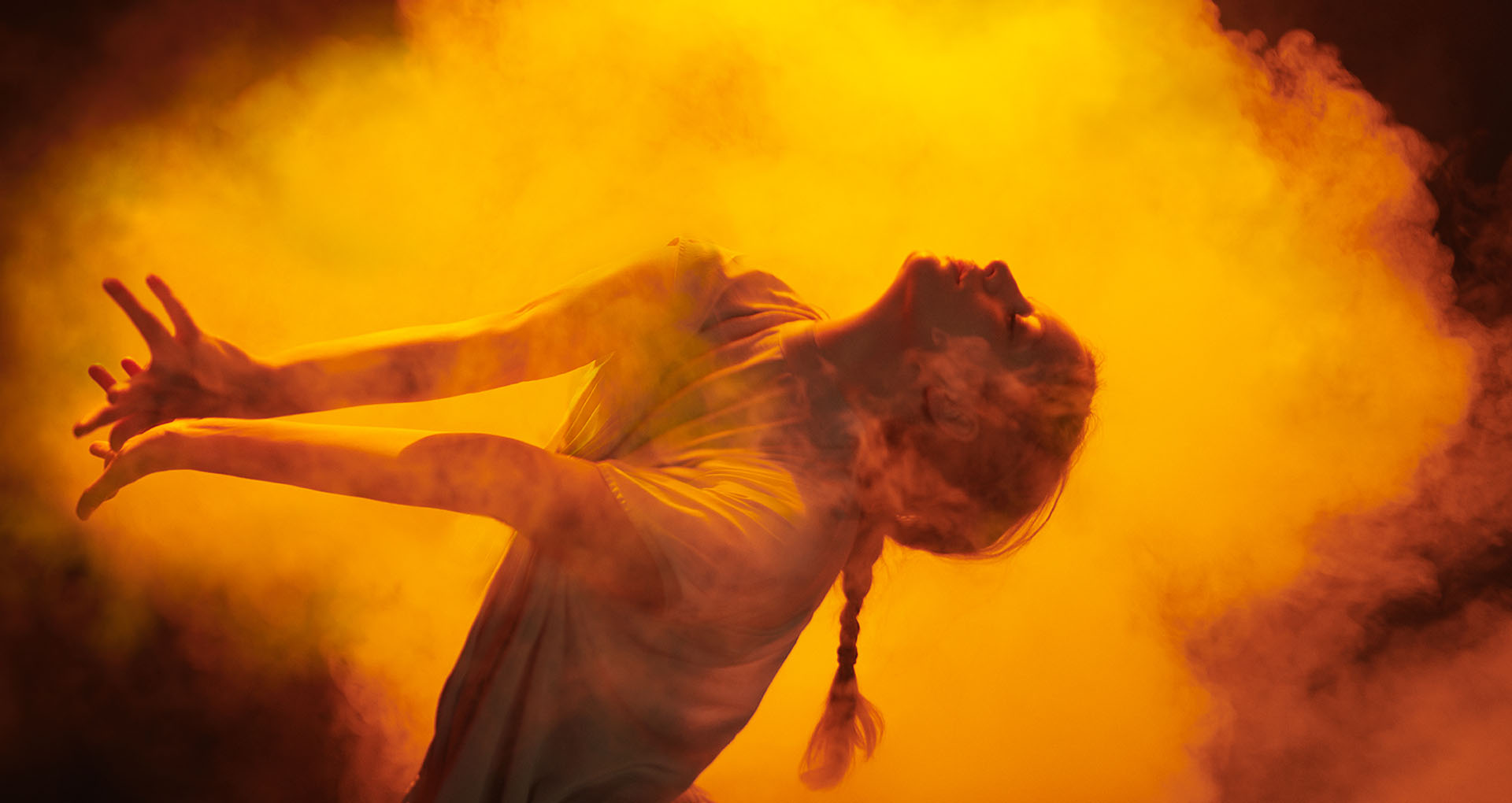
IMAGE: © Damian Siquieros, Je Parle, 2021
Dancer: Caroline Namts
dv_vd: Cai Glover, Je Parle
Programming and discussion
February 25, 2021, 5pm
Free
As part of the third season of the dv_vd series, Vidéographe and Dazibao are pleased to dedicate an evening to dancer and choreographer Cai Glover, who took part of the research residency aimed at d/Deaf artists, researchers, and curators at Vidéographe.
The dancer will present a video program of works selected from the Vidéographe’s collection as well as the result of his residency, the video-dance “Je Parle“. A discussion between Cai Glover, the cinematographer Max Machado and the dancer John Michael Canfield will follow the presentation.
*The talk will happen in English, and will be accessible in ASL.
► Direct broadcast on the Dazibao Facebook page and the Vidéographe’s YouTube channel.
With this project, Glover is interested in how we experience authenticity through our relationships with others. His research on the communicability of signed language is based on the tensions that exist between experiencing one’s own mental state and our need for contact with the other in order to constitute ourselves as individuals.
Cai Glover about his project:
‘Je Parle’ is an internalized discussion between an identified self that sits unmistakably outside the supported hilltops of an able majority and the voice that silences a plea for recognition and existence. Can your actions be congruent with your desires if you are situated in a formless space or perhaps more literally a society that fails to acknowledge your own borders and therefore the space you seek to inhabit?
We uncover a dialogue both wished for and feared which in itself amounts to the crux of the matter: in living through the development and identification of the self, we must be feel as both the subject and the object; an authentic self is then both created and discovered and can only do so in the throes of a relational entanglement. The speaking hands are recognized by the gaze of another. To be me, I need you.
► Je Parle, 2021, poem by Cai Glover
PROGRAM (32 min)
Marlene Millar et Philip Szporer, Butte, 5 min 40 s, 2007
Aude Vuillemin, je marche, 7 min 18 s, 2017
Xavier Curnillon, À tes pulsions, 8 min 32 s, 2017
Yoakim Bélanger, If I Can Fly, 10 min 27 s, 2010
Behind the scenes of Je Parle, 6 min 30 s
Cai Glover, Je Parle, 12 min
► Consult the full program [+]
► Trailer:
BIOGRAPHIES
Cai Glover has devoted more than 20 years of his life to the study of dance and the performing arts. He never tires of the search in finding ways to affect audiences through this art form and to appeal to the varied and countless emotional experiences of the human being. Among the many collaborations of his career that have seen him working in Vancouver, Atlanta, Kelowna, New York, Thailand, Birmingham, London, Paris and Montreal, Cai has worked with Henry Daniel, Paras Tarezakis, Josh Beamish, Judith Garay, Vanessa Goodman, Simone Orlando, Lauri Stallings, Gioconda Barbuto, Edgar Zendejas, Morgane Le Tiec and Hélène Blackburn. Cai has spent the last 6 years dancing with Cas Public under the direction of Hélène Blackburn. caspublic.org/cai-glover
John Michael Canfield
Originally from Virginia, John Michael Canfield is a graduate of Canada’s National Ballet School, where he trained for 5 years. Over the years, he has worked with companies across Canada, alongside to choreographers including Aszure Barton, Wen Wei Wang, Yukichi Hattori and Anne Plamondon. He joins Cas Public for its 2020-2021 season caspublic.org/john-michael-canfield
Max Machado is a cinematographer that moved a bit around the globe before finding home in Montreal, QC, Canada. Always interested in creating meaningful, unique and powerful content, Max shoots fiction films, documentary projects and branded content. Projects include Daughters of the Voice (CBC), A People’s Soundtrack (PBS), Reflexion (XCircus), Hallelujah (QueerCircus), Hannah & the Wolf (Cas Public) and Faraway (RIDM, Slamdance). He was the recipient of the Jean-François Bourassa Memorial Award for his work in Amal (2018) and L’appétit des garçons (2018) and was nominated for one of the Canadian Society of Cinematographers awards for his work in Amal (2018). His short films were awarded and screened in over 35 film festivals around the world, in countries like Canada, USA, Poland, Scotland, Morocco, Serbia, Ukraine, India, Puerto Rico, Mexico, Belgium, Croatia, Spain, Germany, Indonesia, Austria and England. maxmachado.ca




